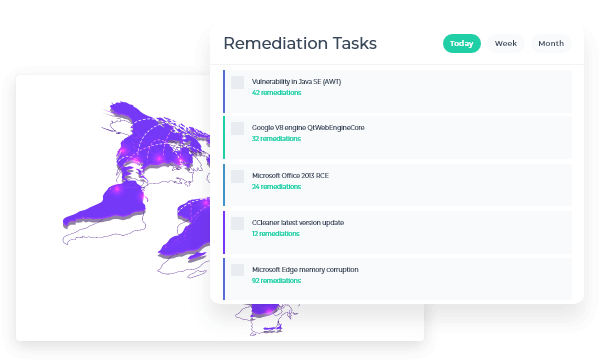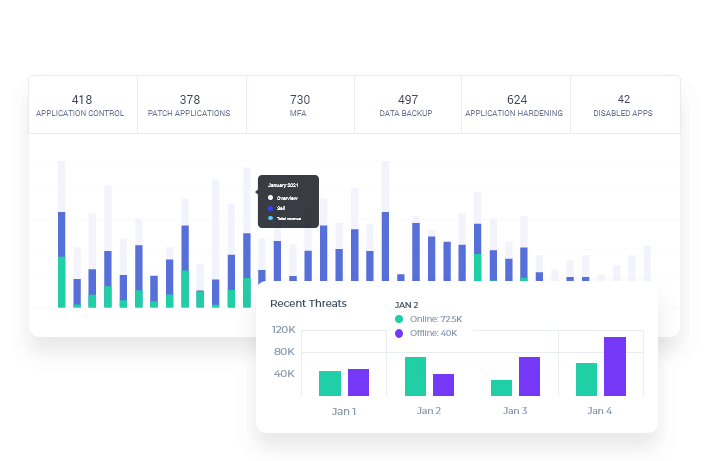Our Services ➔
Cyber insurance (also referred to as cyber risk or cyber liability insurance) is a form of cover designed to protect your business from threats in the digital age, such as data breaches or malicious cyber hacks on work computer systems.
A business is responsible for its own cyber security, but in the event of a cyber attack having the right insurance will mean you aren’t alone. Cyber liability cover will provide crucial support to help your business stay afloat.
In the event of a cyber attack, most cyber insurance policies will cover the first-party and third-party financial and reputational costs if data or electronic systems have been lost, damaged, stolen or corrupted.
For the business involved – the first-party — cover includes the cost of investigating a cybercrime, recovering data lost in a security breach and the restoration of computer systems, loss of income incurred by a business shutdown, reputation management, extortion payments demanded by hackers, and notification costs, in the case you are required to notify third parties affected.
Third-party coverages (that result from claims against you) include damages and settlements, and the cost of legally defending yourself against claims of a GDPR breach.


If your business uses, sends or stores electronic data, you may benefit from cyber insurance. That data, whether it belongs to the business or is sensitive customer information, is vulnerable to cyber-attacks and data breaches; cyber insurance can help with the cost of recovery.
The cost of cyber insurance depends upon several factors, including the business’ annual revenue, the industry it functions within, the type of data held, and the level of network security. Certain sectors are more vulnerable to cybercrime and will therefore require a higher level of coverage.
Unfortunately, even some of the most tech-savvy individuals can fall victim to cybercrime. While there are numerous types of criminal activities occurring online, there are a few common cybercrimes to be aware of:

A form of malicious software that can install itself in your systems via phishing scams and by exploiting software vulnerabilities. Once installed, the attacker can spy on online activities and steal private data.

This a form of malware that attacks your computer system and encrypts data. The attacker will then demand a ransom payment in exchange for the return of the data. It’s worthwhile to formulate a data recovery plan as a precaution and maintain at least one backup of your data.

Cyber hacking is a term used for the partial or complete acquisition of a computer system or certain functions within it. There are various methods of doing so, but the aim is generally to access important data.